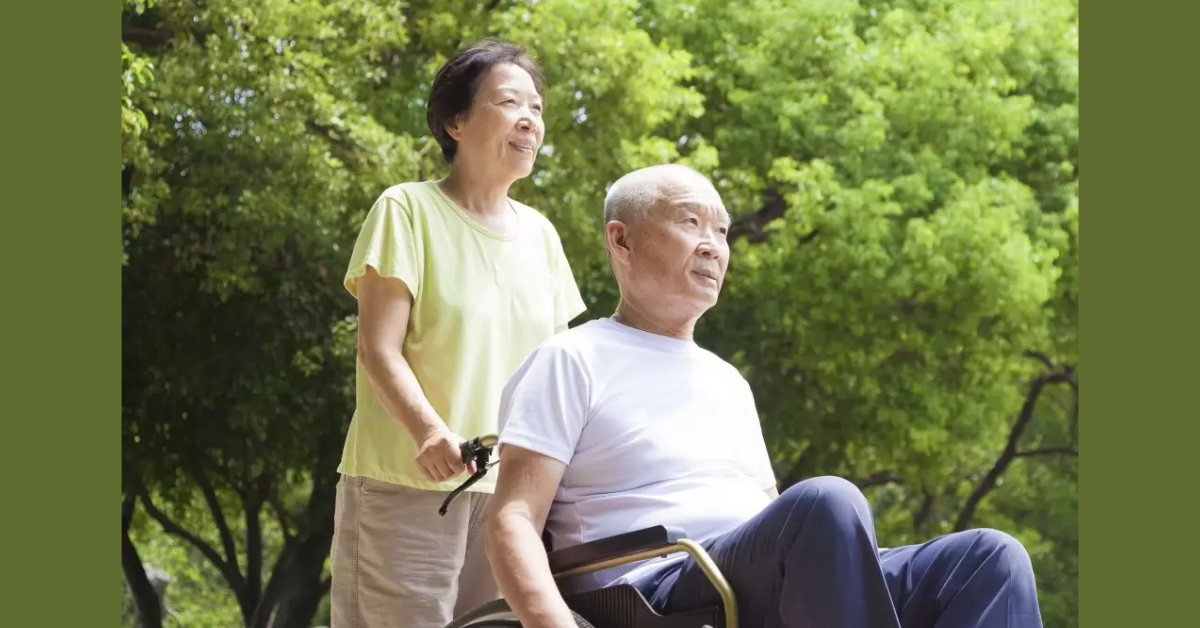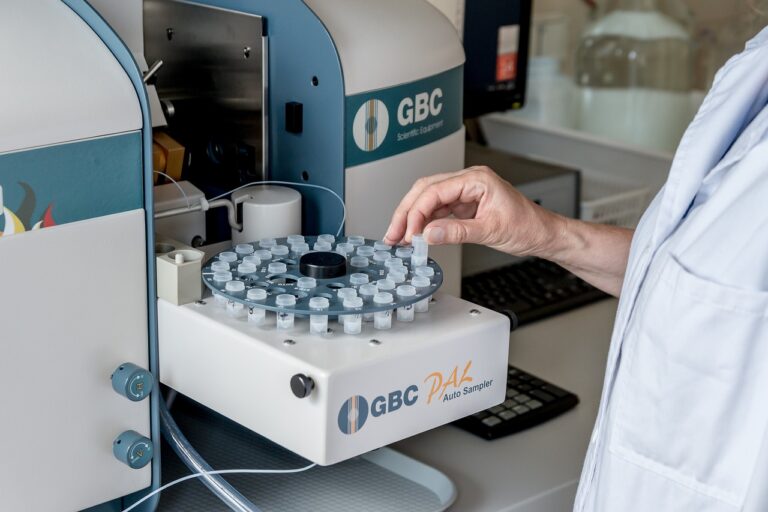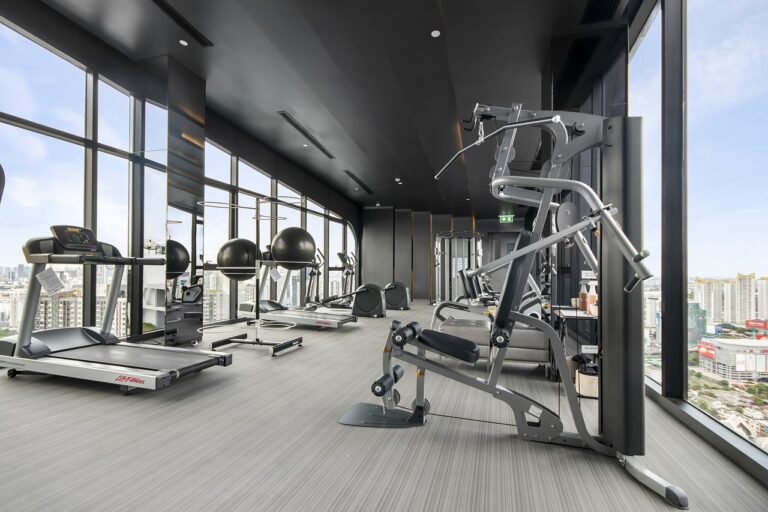Nursing Homes in Singapore: Comprehensive Guide to Elderly Care and Support
As Singapore’s population continues to age, the demand for quality eldercare has become more significant than ever. Nursing homes in Singapore play a vital role in supporting seniors who require daily medical attention, personal assistance, and social engagement. These facilities not only provide round-the-clock care but also ensure that residents live with dignity, comfort, and respect.
In this guide, we’ll explore everything you need to know about nursing homes in Singapore — including their services, benefits, admission process, and how to choose the right one for your loved ones.
1. What Are Nursing Homes in Singapore?
Nursing homes in Singapore are residential facilities designed to care for elderly individuals who cannot be adequately supported at home due to medical, physical, or cognitive conditions. They offer professional healthcare services such as nursing care, rehabilitation, therapy, and assistance with daily activities like eating, bathing, and mobility.
These homes serve as a bridge between hospitals and home care, providing a safe and nurturing environment for seniors who require continuous supervision or specialized medical attention.
2. Types of Nursing Homes Available
Singapore offers a range of nursing homes to meet different care needs and budgets. Broadly, they can be categorized into the following:
a. Government-Supported Nursing Homes
These facilities receive government funding, making them more affordable for citizens and permanent residents. They follow strict standards set by the Ministry of Health (MOH) and often have waiting lists due to high demand.
b. Private Nursing Homes
Private nursing homes in Singapore provide personalized care with added comfort, modern facilities, and flexible service options. They typically offer private or semi-private rooms, advanced medical monitoring, and specialized programs for conditions such as dementia or stroke recovery.
c. Non-Profit and Charitable Nursing Homes
Run by voluntary welfare organizations (VWOs), these homes focus on providing affordable care to low-income families. Many of them are supported by donations and community initiatives.
3. Key Services Provided by Nursing Homes
Each nursing home in Singapore may vary slightly in its offerings, but most provide a core set of services designed to enhance seniors’ well-being and independence.
a. 24-Hour Nursing and Medical Care
Residents receive continuous monitoring and professional healthcare support, including medication management, wound care, and routine medical check-ups.
b. Rehabilitation and Therapy
Physiotherapy, occupational therapy, and speech therapy help residents regain strength, mobility, and confidence after surgery, illness, or injury.
c. Assistance with Daily Living
Caregivers assist residents with personal hygiene, grooming, dressing, and feeding to ensure comfort and dignity.
d. Social and Recreational Activities
To promote mental wellness and prevent isolation, nursing homes in Singapore organize group activities, games, exercise sessions, and festive celebrations that foster community bonding.
e. Nutritional and Dietary Management
Meals are tailored to meet residents’ nutritional needs, with special diets available for individuals with conditions such as diabetes, hypertension, or swallowing difficulties.
4. Benefits of Staying in a Nursing Home
Choosing a nursing home in Singapore can bring several benefits for both seniors and their families:
-
Professional Care: Residents receive expert attention from trained nurses and caregivers who understand elderly health conditions.
-
Safe Environment: Facilities are equipped with safety features like handrails, anti-slip floors, and emergency call systems.
-
Social Interaction: Seniors can engage in meaningful activities and form friendships with other residents.
-
Peace of Mind for Families: Loved ones can rest assured that their elderly family members are in capable hands.
-
Holistic Support: Many homes offer spiritual guidance, counseling, and end-of-life care for emotional well-being.
5. How to Choose the Right Nursing Home
Selecting the right nursing home in Singapore requires careful consideration of various factors to ensure the best fit for your loved one’s needs.
a. Assess Care Needs
Determine whether the senior requires medical care, rehabilitation, or general assistance with daily living.
b. Visit the Facility
Take a tour of shortlisted nursing homes. Observe cleanliness, staff interaction, and resident happiness.
c. Check Accreditation
Ensure the facility is licensed under Singapore’s Private Hospitals and Medical Clinics Act (PHMCA) and meets MOH standards.
d. Review Costs
Compare monthly fees, deposit requirements, and additional charges for medical or therapy services.
e. Consider Accessibility
Choose a nursing home that is easily accessible to family members for regular visits and emergencies.
6. Cost of Nursing Homes in Singapore
The cost of nursing homes in Singapore varies based on location, type of facility, and care level.
-
Government-funded homes: Around SGD 700 to SGD 2,000 per month (after subsidies)
-
Private homes: Typically range from SGD 2,000 to SGD 6,000 per month
-
Additional services: Medical procedures, physiotherapy, or personal requests may add to monthly costs
Singapore citizens may apply for financial assistance through MOH’s Means-Tested Subsidies, which can cover up to 75% of nursing home expenses based on household income.
7. Admission Process for Nursing Homes
Admission into nursing homes in Singapore generally involves several steps:
-
Assessment by Medical Professionals: A doctor or hospital social worker evaluates the senior’s condition to determine if nursing home care is suitable.
-
Application Submission: Families submit an application through the Agency for Integrated Care (AIC).
-
Placement and Allocation: AIC will match the senior with an appropriate nursing home based on availability and care needs.
-
Admission and Orientation: Once accepted, the resident is introduced to the facility, caregivers, and daily routines.
8. Future of Nursing Homes in Singapore
With the ageing population projected to rise sharply by 2030, nursing homes in Singapore are evolving to meet new demands. Many are adopting technology-driven care, such as telemedicine, smart monitoring systems, and AI-assisted health tracking.
Moreover, there is a growing focus on person-centered care, where seniors’ preferences, hobbies, and emotional well-being are prioritized. The future of eldercare in Singapore looks promising — combining medical excellence with compassion and innovation.
Conclusion
Nursing homes in Singapore are more than just care facilities — they are safe havens where seniors can live with dignity, comfort, and purpose. From professional healthcare and rehabilitation to social engagement and emotional support, these institutions form an essential part of Singapore’s eldercare ecosystem.
Whether you’re exploring short-term respite care or long-term accommodation for your loved ones, understanding the options and benefits of nursing homes in Singapore can help you make an informed, compassionate decision for your family’s future.







